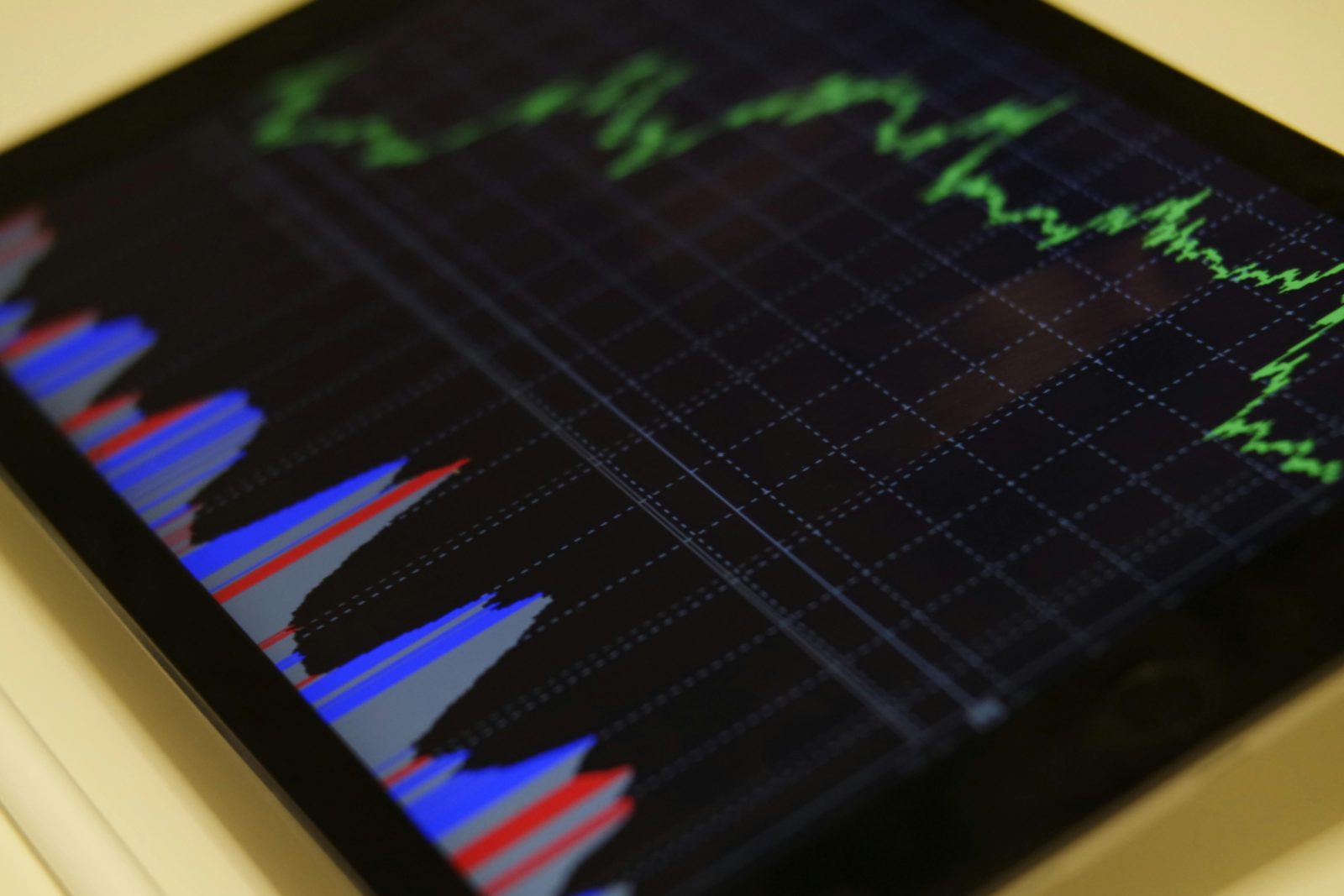The Czech economy has shown remarkable resilience in recent years, outperforming initial expectations. According to revised data from the Czech Statistical Office, the country’s economy returned to pre-COVID levels as early as 2021. This revelation contradicts the previous belief that the Czech Republic was lagging behind as the only European Union nation yet to recover from the pandemic’s economic impact.
The revised data covers the years from 2021 to 2023, highlighting the economic performance in comparable prices to 2020. In 2019, the gross domestic product (GDP) was 6.15 trillion CZK, which dipped to 5.83 trillion CZK in 2020 due to the pandemic. However, it rebounded to 6.06 trillion CZK in 2021 and nearly reached 6.24 trillion CZK in 2022. Last year, the GDP slightly decreased to 6.23 trillion CZK.
The acceleration of GDP growth in 2022 was mainly due to the incorporation of new information from census data and changes in the deflation of energy commodities. Additionally, the approach to Ukrainian refugees changed, who are now considered residents. This shift significantly affected household consumption expenditures and reduced the export of services.
The revised data has surprised economists, altering the narrative of the Czech economy. Previously, data indicated that the Czech Republic was the only EU country still below its pre-pandemic level. However, the updated figures reveal that the Czech economy surpassed this threshold in the second quarter of 2022 and has remained above it since then.
Despite household consumption still falling behind pre-pandemic levels, the gap is narrower than previously thought. Before the data revision, household consumption was 7.3% below pre-pandemic levels; now, it is only 5.5% behind.
The new figures show that the Czech GDP fell by 0.1% last year, rose by 2.8% in 2022, and increased by 4% in 2021. The previously obsolete data indicated a 0.2% decline last year, a 2.4% rise in 2022, and a 3.3% growth in 2021.
Although the revised data presents a more optimistic view, some economists remain cautious. They note that the Czech Republic still lags in a European comparison, partially due to its energy-intensive industries and higher saving rates, which have slowed household consumption. However, the good news is that investments did not decline as much as initially feared, although investment activity remains relatively weak both domestically and abroad.





